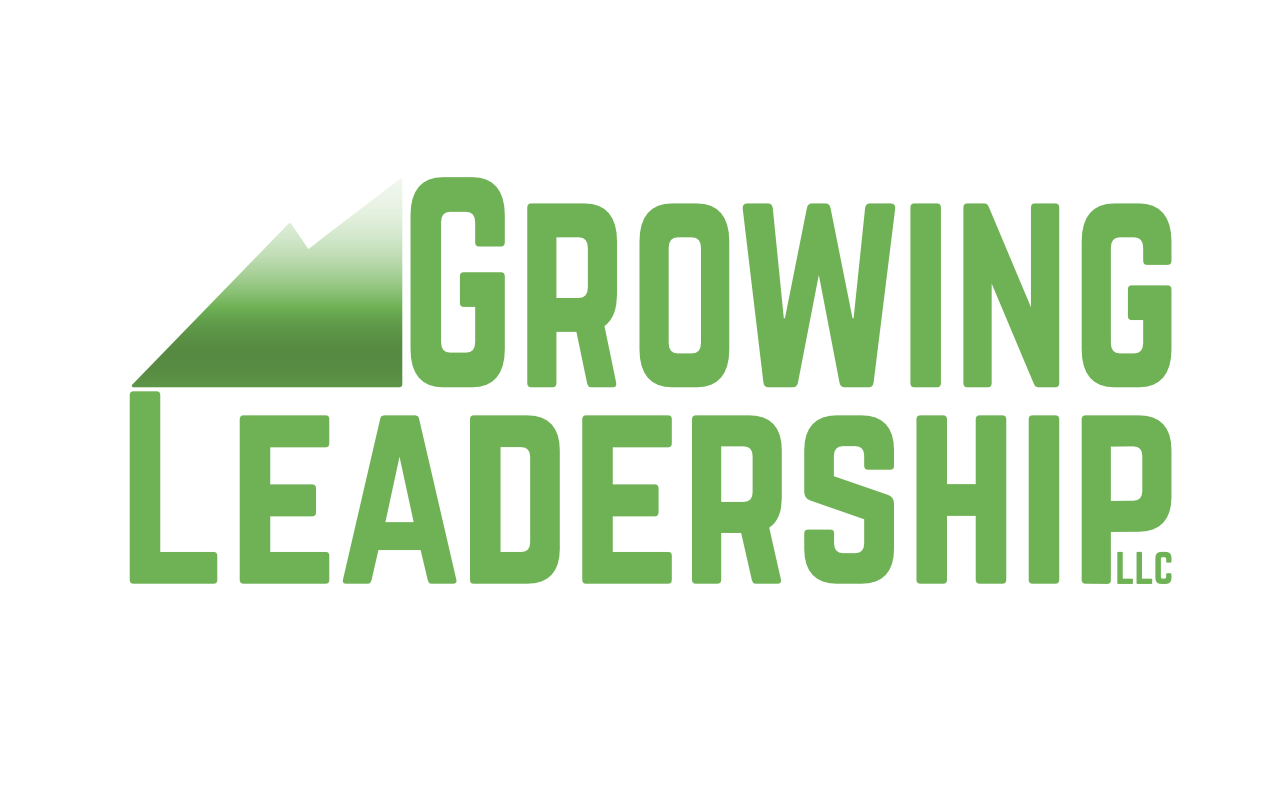Leadership during an Epidemic
Watching the COVID-19 epidemic unfold has a déjà vu feeling for me. From 2008 to 2016, I was a Country Director for Peace Corps and, in July 2014, transferred from Ukraine to Guinea. Soon after I arrived, there was a spike of Ebola cases, and we evacuated the Peace Corps Volunteers back home to the United States. I stayed behind with the staff, and we collaborated with the CDC on an innovative community education effort that helped eventually end the West Africa Ebola epidemic.
Of course, I had moments of concern for my own health, fueled by “media optics” and pleas from some back in the US that I leave immediately. But I learned how to protect myself and to focus objectively on the situation.
As I reflect back on that experience, one of the things that really made a difference was the leadership by US Ambassador Alex Laskaris who demonstrated an array of key leadership skills:
Stay positive. Negativity, panic, and fear only undermine the team and result in irrational actions.
Focus on facts and science. Understand the reality of the situation, including the disease and how it is transmitted.
Listen to the experts. The leader cannot know it all and needs to rely on other talented people. (We were lucky in Guinea to have expertise from the CDC and other agencies.)
Understand the culture. Engaging the Guineans to understand the cultural context was critically important as is true in any crisis situation.
Be inclusive and collaborative. Engage others to facilitate an effective response.
Transparency. Openness reduces rumors and confusion.
Communicate. Share what you know and do it regularly,
Support your team. Everyone needs encouragement during such a stressful experience.
These skills, of course, apply to any crisis situation and are important for leaders. It is vital to continuously learn, expand our skills, and embrace positive change. We never know when an unexpected challenge will occur, so this kind of training and learning should never be put on the back burner. When a crisis occurs, will you be ready?
PS If you are interested to know more about the community education initiative I led that helped end the Guinea Ebola epidemic, check out the WorldView article on pages 44-47 at this link: https://issuu.com/peacecorpsconnect/docs/sum19.master.
